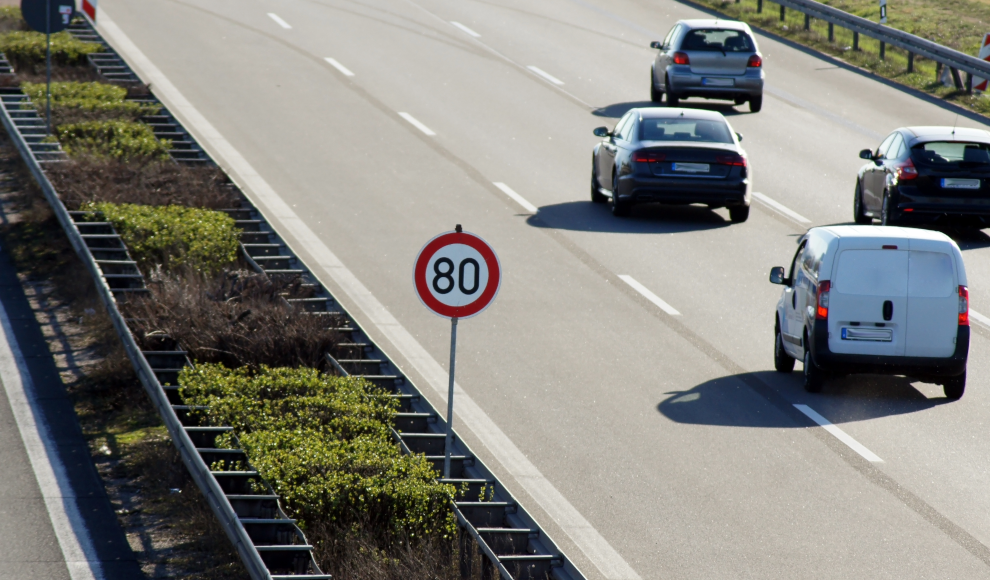A speed limit on German highways would not only reduce CO2 emissions but also significantly increase the country’s welfare, according to a recent study. While the introduction of a blanket speed limit on German highways is controversial, a majority of Germans (71%) are in favor of a limit of 130 km/h, while a majority of drivers (52%) oppose it. Arguments for the speed limit have so far been mainly the lower risk of accidents and the reduction of CO2 emissions, which, according to a study by the German Federal Environment Agency, is significantly greater than previously thought.
A study by Linnaeus University has now found that a speed limit would also increase welfare in Germany. Welfare in economics refers to the benefit for individuals or society, determined by factors such as gross domestic product (GDP) and other disputed factors. According to the publication in the journal Ecological Economics, a speed limit of 130 km/h on German highways would bring significant economic benefits in addition to the positive impact on climate change. The measure would generate at least €950 million in welfare gains annually. The main factors contributing to these gains are reduced fuel consumption, lower supply chain costs, and cost savings in infrastructure, in addition to the climate protection effect and a reduction in accidents.
The study contradicts a study by the Institute for World Economics at the University of Kiel (IfW), which claimed that a speed limit would significantly harm the German economy. The study was based on publicly available data sources and evaluated the potential impacts of a speed limit on aspects such as travel times, fuel consumption and subsidies, supply chains, infrastructure development and maintenance, and accident frequency. The experts also considered the influences on land use, emissions of air pollutants, and greenhouse gases. According to Prof. Udo Becker, who works at the Institute for Transport Planning and Road Traffic at the Technical University of Dresden, the results of the study demonstrate that a speed limit would bring significant economic benefits.
In conclusion, the study shows that a speed limit on German highways would not only reduce CO2 emissions but also significantly increase the country’s welfare. The benefits include reduced fuel consumption, lower supply chain costs, and cost savings in infrastructure, in addition to the climate protection effect and a reduction in accidents. The study contradicts a previous study that claimed a speed limit would harm the German economy.










